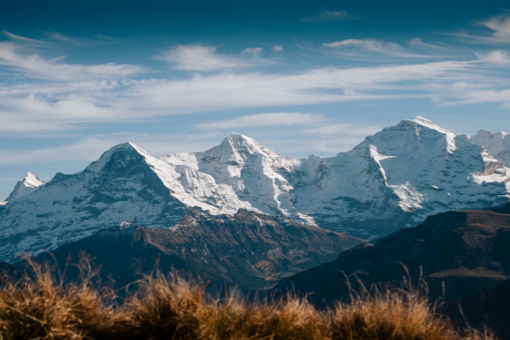

OUR VISION
To facilitate the transition to sustainable sports and tourism in the mountain environment.

OUR MISSION
To provide a collaborative platform that identifies and supports inspirational, innovative solutions and a regenerative economy in the mountains, the most sensitive environment to climate change.
LATEST NEWS
- Sustainable Snow Summit Concludes the SIEPPUR Project

- ChangeNOW 2025: The Sustainable Mountain Alliance and other key mountain actors at the top of the agenda

- The Sustainable Mountain Alliance welcomes World Glacier Day at UNESCO, Paris.

CONTACT US
SUPPORT US
You are welcome to support our action with a donation, either via the button below (online payment) or via our bank account
SMA Bank account
Sustainable Mountain Alliance (SMA)
Credit Suisse
CH17 0483 5315 6003 8100 0
